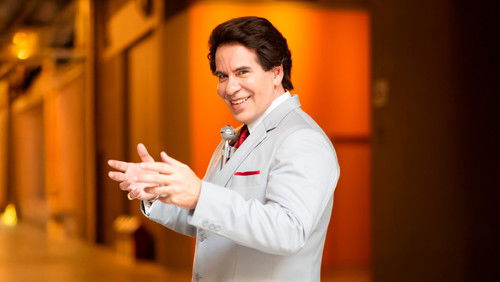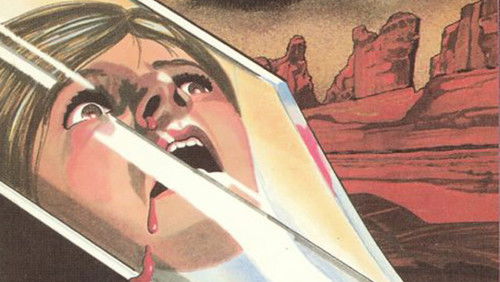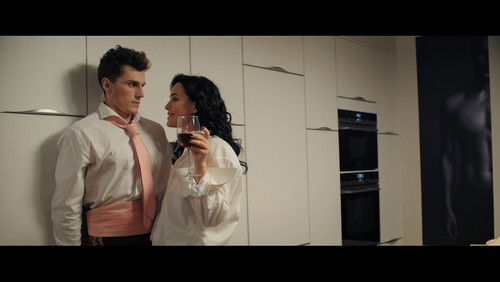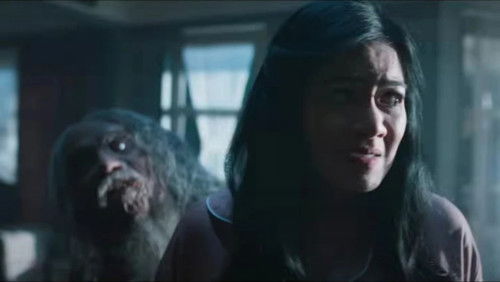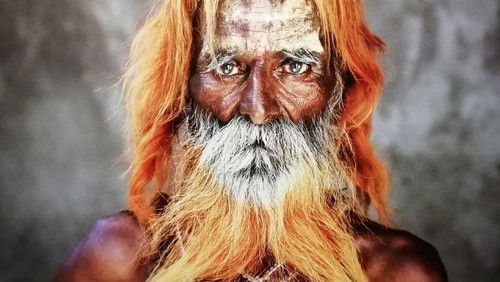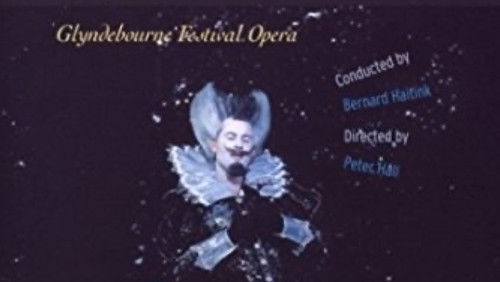Viattomuuden kukka (1933)
57KViattomuuden kukka (1933). 1h 14m | K-16
“MORNING GLORY (RKO Radio, 1933), directed by Lowell Sherman, stars Katharine Hepburn in her third feature film and one she was born to play. The story involves Eva Lovelace (Hepburn), an aspiring actress from Vermont who comes to New York City in hope to get an acting job in the theater. While at an employment office, she comes across a veteran actor (C. Aubrey Smith), a theatrical manager (Adolphe Menjou), and a young playwright (Douglas Fairbanks Jr.) who, at first, thinks sheu0026#39;s u0026quot;daffy.u0026quot; Eventually, the leading lady (Mary Duncan) of the upcoming play walks out on opening night because the producer refuses to meet her salary demands. Then Eva, the understudy, is given her big opportunity to take her place. After her stage performance (which is not presented on screen), Eva steals the show and becomes an overnight success. Now in love with the playwright (Fairbanks), Eva comes to realize then and there that a career and a relationship cannot mix, which places her in a dilemma.u003cbr/u003eu003cbr/u003eWhile Hepburn won her first Academy Award for her performance here, I personally feel her role as Jo March in LITTLE WOMEN (RKO, 1933) was far better suited for her and should have gotten the award for that one instead. And like the character of Eva Lovelace, no one can be Jo March but Kate Hepburn. The story elements to MORNING GLORY does echo Kateu0026#39;s early stage origins. In spite of some scenes where she, at times, overacts, this is HER movie from start to finish. In a TV documentary on Kateu0026#39;s movie career, it was said that Constance Bennett was scheduled star as Eva Lovelace, but when Kate read the script, she saw herself as that character and got to play her instead. Kate is, however, convincing when she changes from naive youth to a mature woman. The movie includes some very witty dialog to help the story along. Great bit: The exchange between Mary Duncan and Geneva Mitchell outside Menjouu0026#39;s office, u0026quot;Youu0026#39;ve gained.u0026quot;/ Response: u0026quot;Iu0026#39;ll soon be your size, my dear!u0026quot; Another memorable scene is Kateu0026#39;s reenacting the u0026quot;Romeo and Julietu0026quot; balcony scene at a dinner party. Kate and Adolphe Menjou later appeared in STAGE DOOR (RKO, 1937) with Ginger Rogers, which improved over MORNING GLORY. Both have the elements of looking like a filmed stage play, but the 1937 production presented more characters and a plot that moved at a faster pace.u003cbr/u003eu003cbr/u003eMORNING GLORY, which was distributed on video cassette in the 1980s, first by Nostalgia Merchant and later through RKO Radio Home Video, played regularly on the American Movie Classics cable channel prior to 2000. MORNING GLORY was remade in 1958 as STAGE STRUCK with Susan Strasberg and Henry Fonda, but while both versions can be seen from time to time on Turner Classic Movies, it appears that MORNING GLORY happens to be the better known of the two. (**1/2)”
